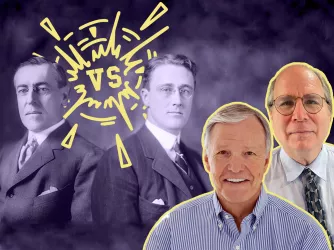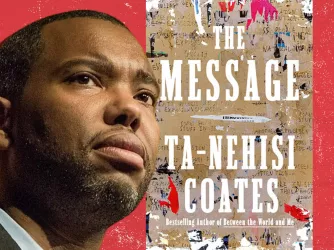Table of Contents
Columbia University Student Points to 'An attitude problem'
In an insightful piece published in the Columbia Spectator last week, Columbia University student Alessandra Poblador warns students not to conflate tact and positivity with self-censorship. She notes that the desire to be "politically correct" at times "stifles the freedom and elegance of expression." Perhaps more critically, though, she explains why the adjustments we make to our speech do little to address underlying problems like intolerance or ignorance.
[T]raining ourselves to speak in ways that are politically correct does not necessarily correspond with the actual development of a tolerant perspective. That is the fundamental problem with political correctness. The arguments that revolve around free speech, censorship, and the right to offend miss the point. The real issue that most compromises the benign intentions of political correctness is the fact that, by merely addressing language, its effect is superficial.
Poblador encourages her peers to be persuasive by suggesting new ideas or providing new information, rather than attacking an "offensive" speaker. She also recommends against being offensive "simply for the sake of being edgy." Still, speakers should not be overly cautious:
But don't dance around an open dialogue by restricting yourself to words in the safe zone. Euphemisms are tiresome because they simply placate, seeking not to be offensive without any real intention to understand.
Read the rest of Poblador's article in the Columbia Spectator.
Recent Articles
FIRE’s award-winning Newsdesk covers the free speech news you need to stay informed.

Wilson vs. FDR: Who was worse for free speech?
Podcast
Woodrow Wilson or Franklin D. Roosevelt: which president was worse for free speech? In August, FIRE posted a , arguing that Woodrow Wilson may be America's worst-ever president for free speech. Despite the growing recognition of Wilson's...

Right, left, and in-between: Can we bring our differences to the table?

How to survive Thanksgiving
